A mid-nineteenth century woman who melts her complex hairstyle releasing long hair and freeing her body in a wild dance to the Downtown Boys' notes of a cover of Bruce Springsteen's Dancing in the Dark. This is the mother scene of Miss Marx, a costume film in which Susanna Nicchiarelli outlines an extraordinary female figure, Eleonor Marx, the second Italian film in competition that dominates the fourth day of screenings of this Venice77.
The youngest of Karl Marx's daughters, interpreted by a convincing Romola Garai, drew around her father's desk while he was busy writing The Capital, is one of the key figures of female emancipation "activist, socialist, translator, actress, politically committed, a genius" who saw in literature a cathartic liberating power. Marx translated into English, in fact, Madame Bovary and edited the adaptation for the theater of Ibsen's Doll's House: she strongly believed that politics could also communicate through art. The film moves between two key aspects of a woman's personality: Eleanor was, of all Karl's daughters, the one who inherited her father's political and philosophical ideologies, was the first to fight for women's rights and fought against child labor. But she was also a woman who got lost in a totalitarian feeling towards the wrong man, the English playwright Edward Aveling, played by Patrick Kennedy, already married but with whom she feels married to all intents and purposes, to the point of signing her writings and letters both with her surname and his. But Aveling did not have his heart aligned with Eleanor's, proving to be a man without any scruples: he betrayed her continuously without even bothering to hide his infidelity, he managed the financial resources of both of them in a completely unwise way. A cursed and tormented relationship that the woman perpetrated without ever being able to put into it, ending then reaching the extreme gesture of suicide and going to create a real crasis between the intellectual and public woman and the fragile and private woman, a symptom of "an abyss on the complexity of the human soul, the fragility of illusions and the toxicity of sentimental relationships. A conflict between reason and feeling, between the strength of her convictions and her emotional fragility, on how much the strength of convictions, of our ideas can crumble in front of the emotional sphere. And in this is a story that is neither ancient nor modern but out of time. I tried to subvert the image of the Victorian heroine and replace it with the emblematic and modern image of a woman fighting on the public and private front", as the director expressed", as the director expressed.
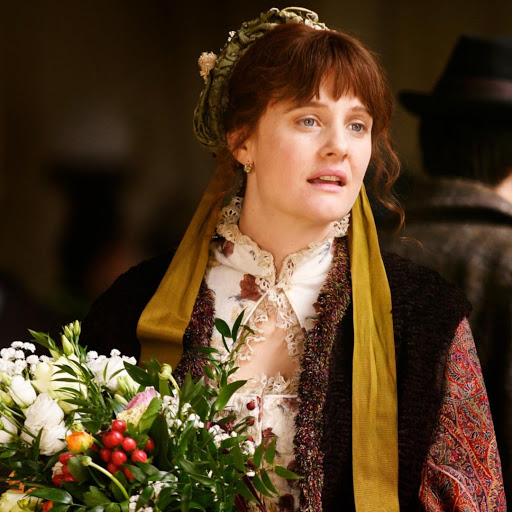
For the reconstruction of this character, the director found at her disposal, as well as two biographies, a great deal of material about Eleonor herself, such as a considerable collection of letters, texts, diaries, political pamphlets and even notebooks from when she was just a child.
The interesting aspect, as considered by the director, is that "all this material seems to be written today: Eleanor's fears, aspirations, thoughts are very close to today. I make costume films to talk about themes that are current: the battles for the rights of the weakest are timeless, they are themes that never grow old". And it couldn't be otherwise, because a character and a story of this remarkable philosophical and cultural caliber return a film that is absolutely timeless, that speaks of a past that is also present.
The film reveals all its value as a truly great cinematographic work in Nicchiarelli's ability to unhinge any pathetic and sentimental tone from the narrative, to avoid the usual preaching discourse, to reduce the film to yet another variation on the theme of unhappy love or to an apparatus set up with the aim of moving. But the director manages to keep the matter of the narration firmly and in full control without showing any hesitation or uncertainty, putting the viewer in front of the contradictions of the human soul in perpetual balance between reason and feeling. On the other hand, Karl Marx taught Eleanor to "not feel estranged from anything that is human. Even to love those who do not deserve it".
Enthusiastic audience and critics. Nicchiarelli, with Miss Marx, is one of the possible winners of the Golden Lion of this Venice77.
In the halls from September 17, 2020.
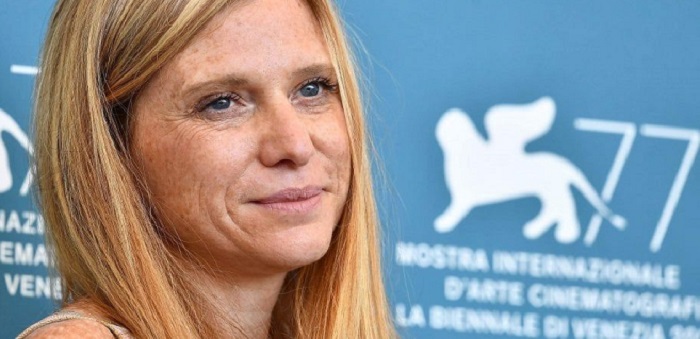
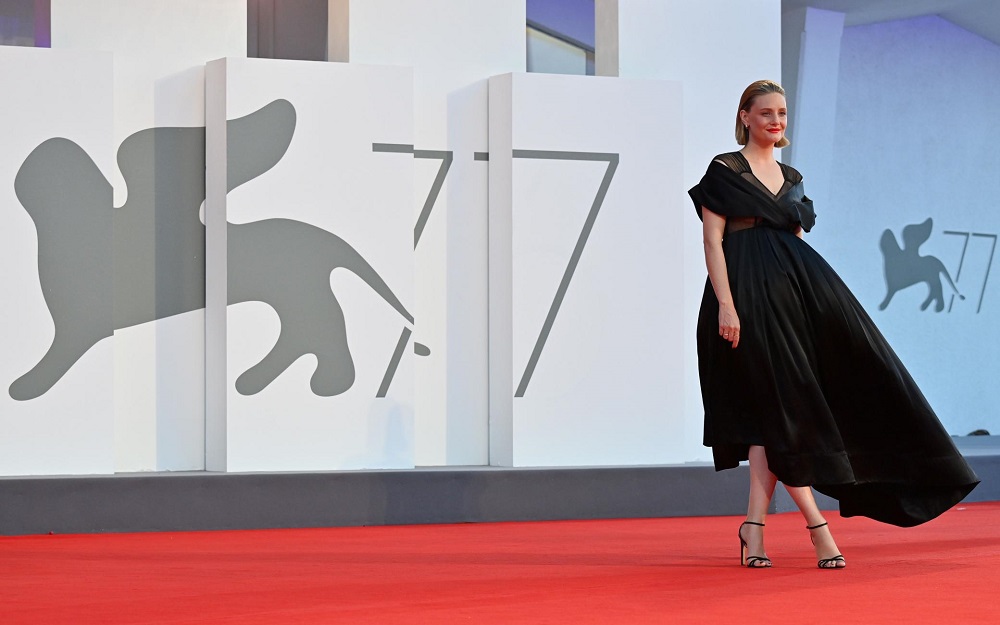
Another film in competition for the Venice77 competition of the day is Pieces of a Woman by Kornél Mundruczò, starring Shia LaBeouf and Vanessa Kirby (Princess Margaret in the first two seasons of the series The Crown), inspired by the dramatic experience the director had in the past with his wife. The film was already promising because "a certain" Martin Scorsese, after seeing it, strongly wanted to be its executive producer, declaring that "It's a fortune to see a film capable of taking you by surprise and it's a privilege to help him find the wide audience he deserves. It was a profound and moving experience for me. I was emotionally involved in it from the very first scene and the experience became stronger and stronger as I went along: I was fascinated by the direction and the work of a wonderful cast in which my old colleague Ellen Burstyn is also present. The feeling is that of being dragged into the heart of a family crisis, of a moral conflict and its nuances, faced with care and compassion, without ever precipitating and lapsing into a blunt judgment".
The story is simple but powerful: in Boston a happy couple, Martha and Sean, rely on the hands of a midwife to give birth at home. But because of the negligence of the woman the child is born dead. The two young people are thus forced to live a disarming and deafening pain, that of the loss of a child who has never seen life. The film stages the pain of the couple, how each of them faces this dramatic event, how each of them seeks an answer to what happened. Differences that also depend a lot on the social condition of the two: the young girl belongs to a wealthy and wealthy family, while Sean is of popular extraction catapulted into "good society" only by the bond with Martha.
However, this pain is shown not in a traditional way, without any aesthetic effect: the pain is ugly, terrible and so it is staged. The director shows with devastating realism all the disfigurement of the woman "torn apart" by suffering and who sees the world go to pieces around her. There are the silences, the impossibility to return to work, the freezing of feelings towards her husband and the world around her, there are the quarrels especially with her mother who comes to hate because she always misunderstands her intentions. In the end Martha, matured from her pain, will be able to understand deeply the personality of her mother and how she has managed to survive the pain without ever bowing her head. And here the film generalizes with a rather universal theme, showing how pain is handed down from one generation to the next.
The Boston that forms the backdrop to the narrative is gray and cold, as distant and bruised as Martha's soul and poses a terrible question: why do certain things happen? The film does not give an answer, perhaps because there is no answer.
The direction is perfect, the camera creeps in a fluid and sinuous way, without forcing it, into the lives of the protagonists as if it were making room in their souls. The initial scene is unbelievable: the film opens with a long sequence of about half an hour that starts from the couple's apartment, follows the dialogue of the two until the woman's water breaks, then the midwife arrives, the birth and the arrival of the ambulance to decree the death of the newborn.
Kirby's interpretation is exceptional, especially in the birth scene in which facial contrition perfectly expresses physical pain, which then becomes pain of the soul. "I was looking for a role that would frighten me - declares the actress during the film's press conference - a character to be, in some ways, afraid of, and in Martha's character I found it. It was challenging and stimulating at the same time. I am not a mother, but it was my duty to show motherhood in the truest possible way, and in order to do that I had to go to delicate courts of my own sensitivity. I wanted to best represent the essence of loss and I hope I have done so. "
I think that Kirby has already put a hand on the Fox Cup.
In conclusion, the winner is the pain? Actually no, because pain is survived. You just need to learn to look into the eyes of suffering, to be able to decipher and listen to the demons that dwell in the soul of each of us. No one can determine a priori how long it takes to rebuild and rebuild. But when we learn to understand them we can call ourselves saved and then continue on our way.
The film has divided the critics. For many it is an extraordinary reconstruction of the management of a drama, but for others the film is sickly and trivialized by a happy and predictable ending.
However, Pieces of a Woman remains one of the possible winners of this 2020 Golden Lion.
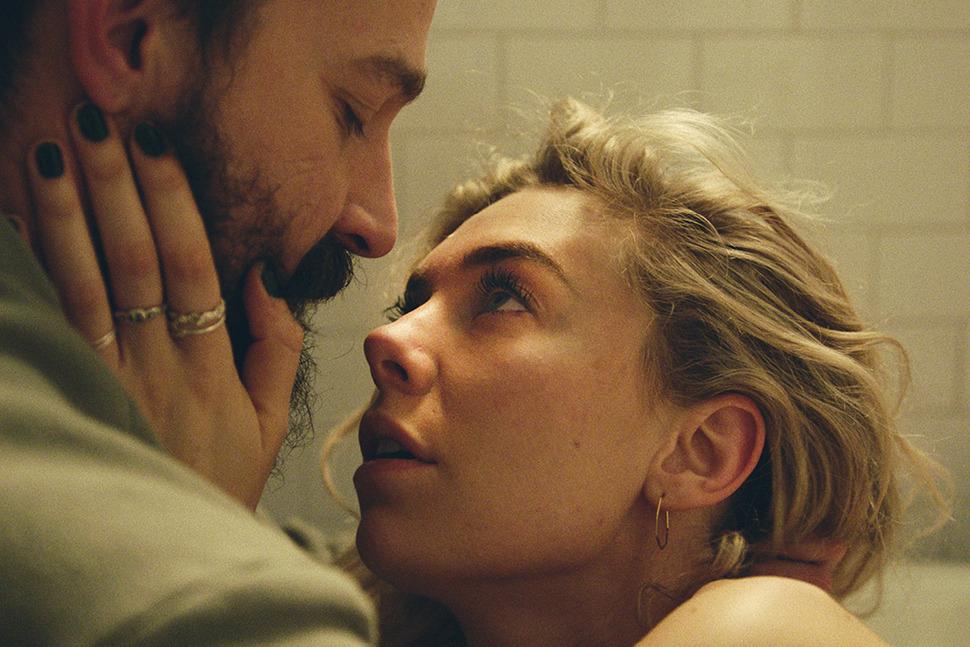
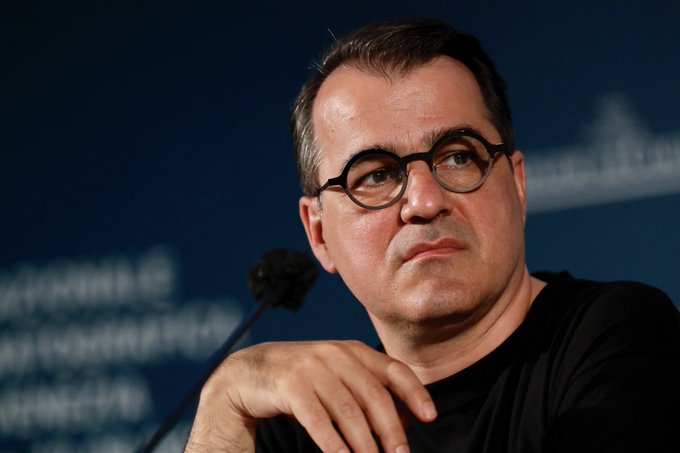
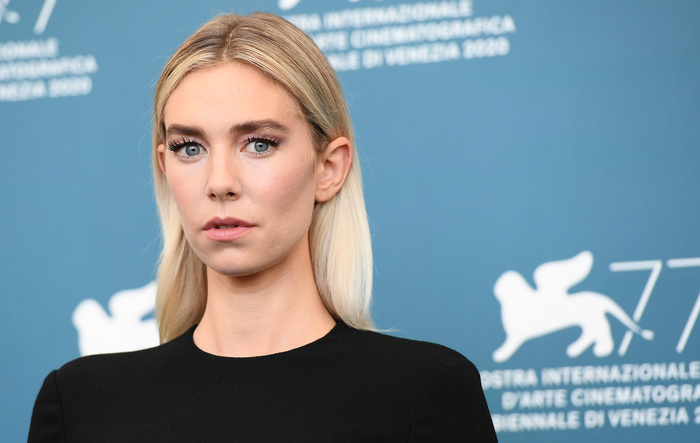
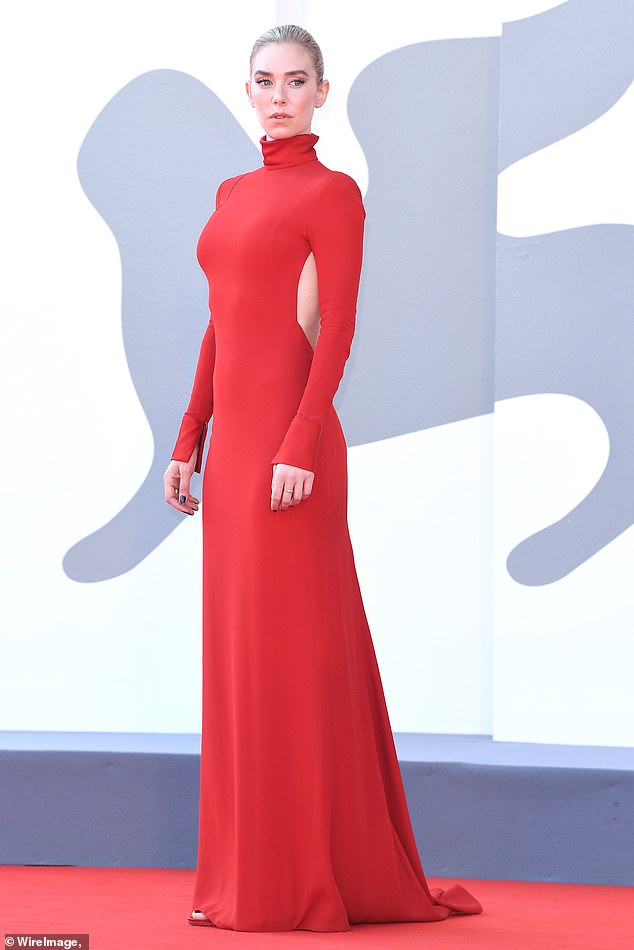
The highly anticipated documentary Greta, by director Nathan Grossmann, is out of competition.
Behind a great icon there is always a person. And the spirit of this work is to tell the story of the girl with the long blonde braids behind the media phenomenon that has attracted the attention of the world for two years now: Greta Thunberg.
It was August 2018 when the then 15-year-old Greta sat on the stairs of the Swedish Parliament with her arms folded and a sign saying "school strike for the climate": the young girl asked a rather simple question to adults and authorities "If you don't care about my future on this planet, why should I care about my future at school?" Greta's rebellion was towards a capitalist policy that had become blind to the needs of the environment, and completely helpless to stop the havoc that is destroying our Planet and that risks irreparably compromising the future of the younger generations: the demand was the right to the future!
From that moment on Greta has done so much, becoming a true icon of world activism and succeeding in involving and inspiring millions of students who, following their example and marrying their ideas, still show in those who have been renamed #FridayForFuture to ask those in power a radical change of course for the protection of the environment and the ecosystem now exploited and tormented to a point of no return.
What makes this film reflect is that a young girl had to come out so determined to turn the spotlight on a problem that affects everyone, succeeding in attracting the interest of political leaders around the world who before then seemed unable to realize how irreparably the Planet is slowly dying. The film starts from the now famous sailboat crossing from Playmounth to New York in a zero impact trip that the young activist made in September 2019 to go to the UN headquarters where she gave a speech that became history: Greta from the top of that stage pointed the finger at the world authorities openly accusing them of killing the planet and inviting them to act immediately with eco-sustainable economic and industrial policies. "We have shown that we are united and that we young people are unstoppable. The eyes of future generations are focused on you, and if you disappoint us we will never forgive you!" A strong and powerful j'accuse, which resounded throughout the globe. And to utter such harsh but terribly true words was a girl of only 16 years of age!
Grossmann, rather than following the icon, went on to discover the person, even if unusual, going from the normality of the realization of his famous braids to the choice of which shirt to wear for the speech at a congress, from videochats with his dogs and ballads on the notes of Queen to the preparation of speeches to be discussed in public. But Greta's bitterness and disappointment are also evident, especially for some young people of her age who "Before doing all this I spent my time only with my family and dogs because the others excluded me, they were mean to me".
The success of the film is basically due to the narration of this normality, which manages to bring Greta even closer to her supporters, and allowing a deeper understanding of her words and the considerable impact they have had and that we hope they will continue to have.
The director for the making of the documentary has followed the young girl since the first strike, discovering also what is the relationship that the young girl has with her Asperger's syndrome, for which he declares "Sometimes it seems that we Asperger's patients are the only ones who see clearly".
At the presentation of the documentary to the public and press, the young Greta did not come to Venice because of her commitments with the school, but thanks to a Zoom link she was able to speak at the press conference declaring that "If with this film I can act as a bridge to make people understand the climate crisis, I am really happy. The important thing is not to focus on me but on the climate issue. What is happening shows once again that this is too much responsibility for children, a responsibility that should be taken on by the adults who caused it, it would not be up to us but to those in power and this responsibility has been placed instead on children and scientists but it is really too much". She then confessed that she was very worried at the beginning of the shooting because she was afraid that the documentary would return an image of if not true, in which the character dominates the person, reassuring then that Nathan Grossmann "managed to represent me and not the person who is represented in the media, that is this angry little girl who shouts in front of world leaders what they should do and not what I am: a shy and studious girl".
The presence of the documentary about Greta here in Venice has a double meaning: not only a good film product to present to the world, but the possibility of opening a great debate on the condition of the lagoon city. And the young girl herself defines the city as "a symbol of climate change, undermined in its fragile and unstable balance by the human hand". Short but very incisive!
An important documentary. Necessary.
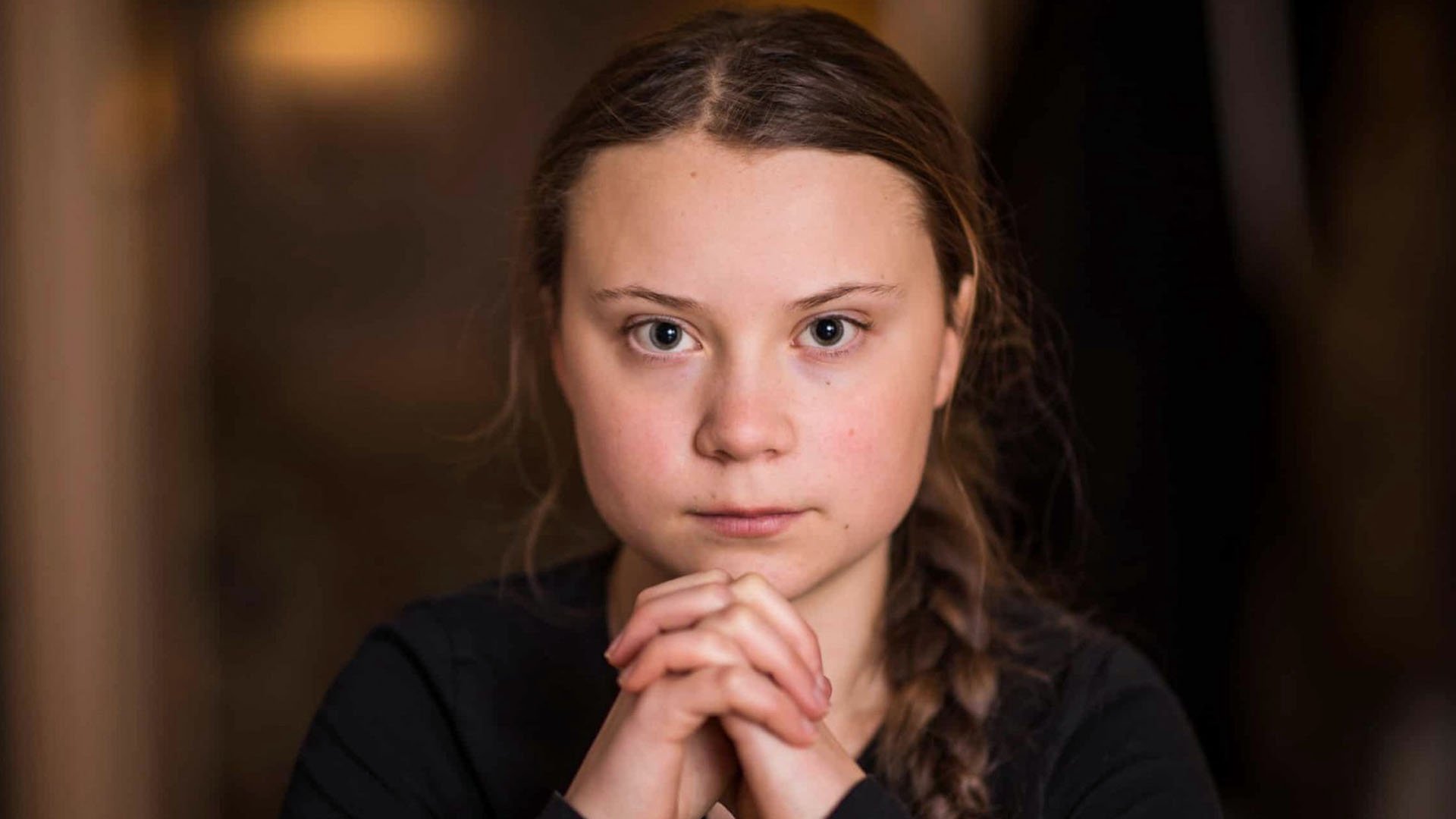
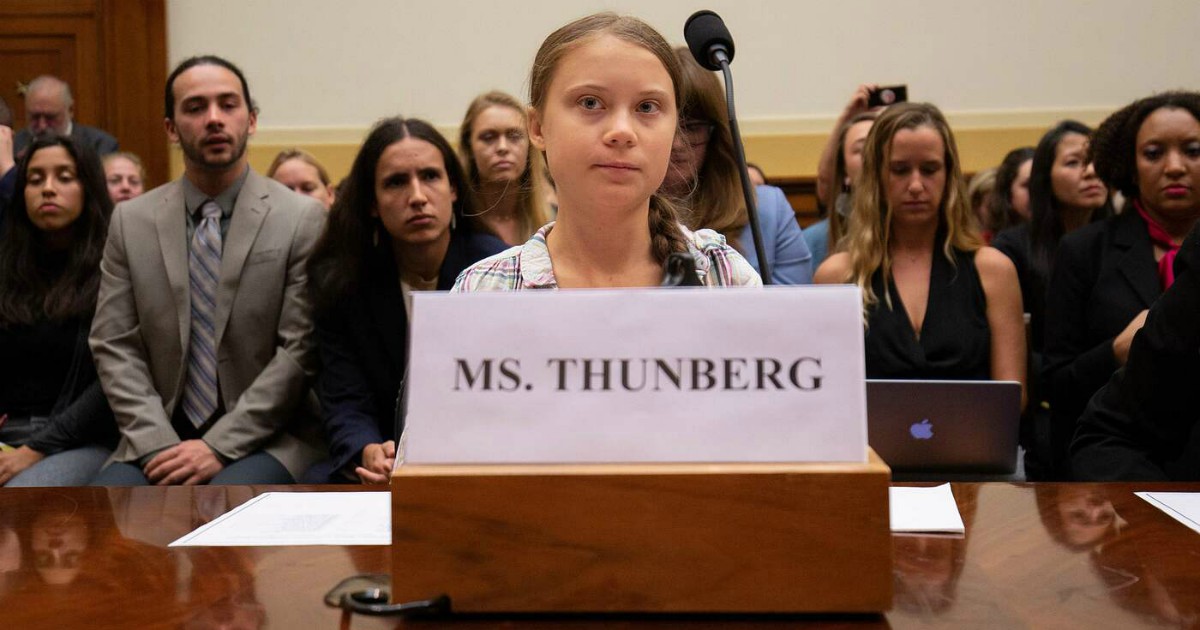
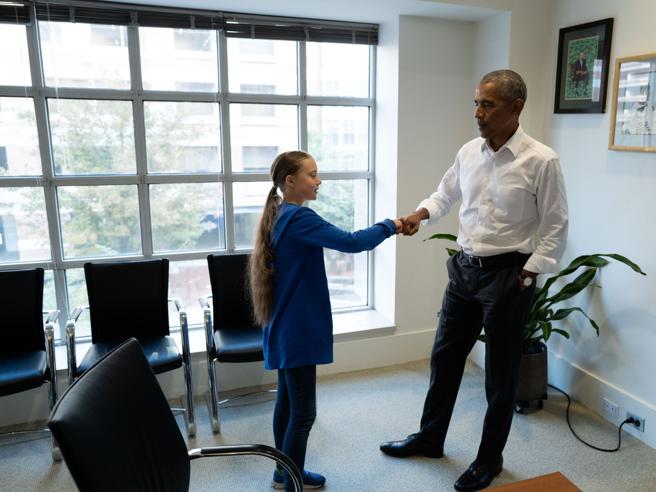
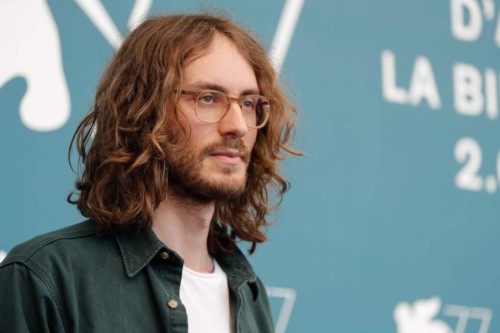
The 4th day of the Festival 2020 also saw the presentation of the "Jaeger-LeCoultre Glory to the Filmmaker" Award to the director Abel Ferrara, a special recognition for the career of filmmakers who have deeply marked contemporary cinema. "Among the many merits of Abel Ferrara, appreciated by all despite his reputation as one of the most controversial directors of contemporary cinema - says the director of the Mostra Alberto Barbera - is his undisputed consistency and fidelity to a personal journey, inspired by the principles of independent cinema even when the director had the opportunity to deal with more traditional and consolidated productions. Until his last works, progressively more introspective and autobiographical, Ferrara gave life to a personal and exclusive universe. From the original conflicts between guilt and innocence, redemption and religion, sin and betrayal that prevailed for a long time in his cinema, together with the representation of urban, nocturnal and degraded violence in the metropolis, Ferrara has arrived at original reflections on the end of the world and the impossibility of attributing meaning to the relationships between individuals and the community, which confirm this among the most interesting non-reconciled directors of the moment".
The director responded by expressing his great wish "The most beautiful words a director can hear is 'do what you want'. I started making films to tell the reality, my dream project is to work without a screenplay". Will you be able to fulfill it?
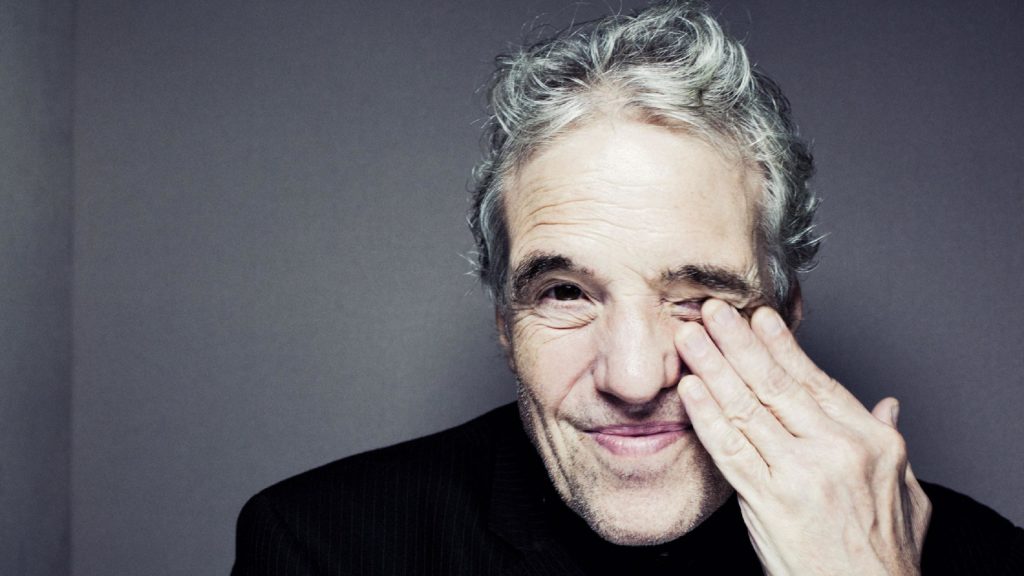
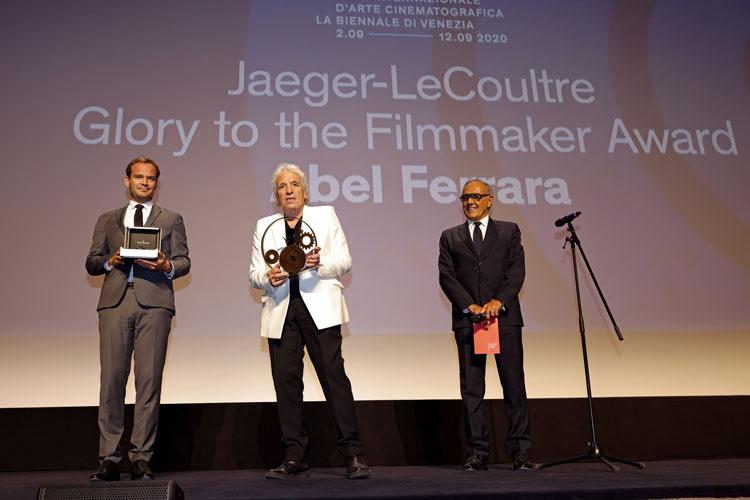
See you tomorrow with Day 5 of this Venice77.










Lascia un commento